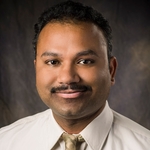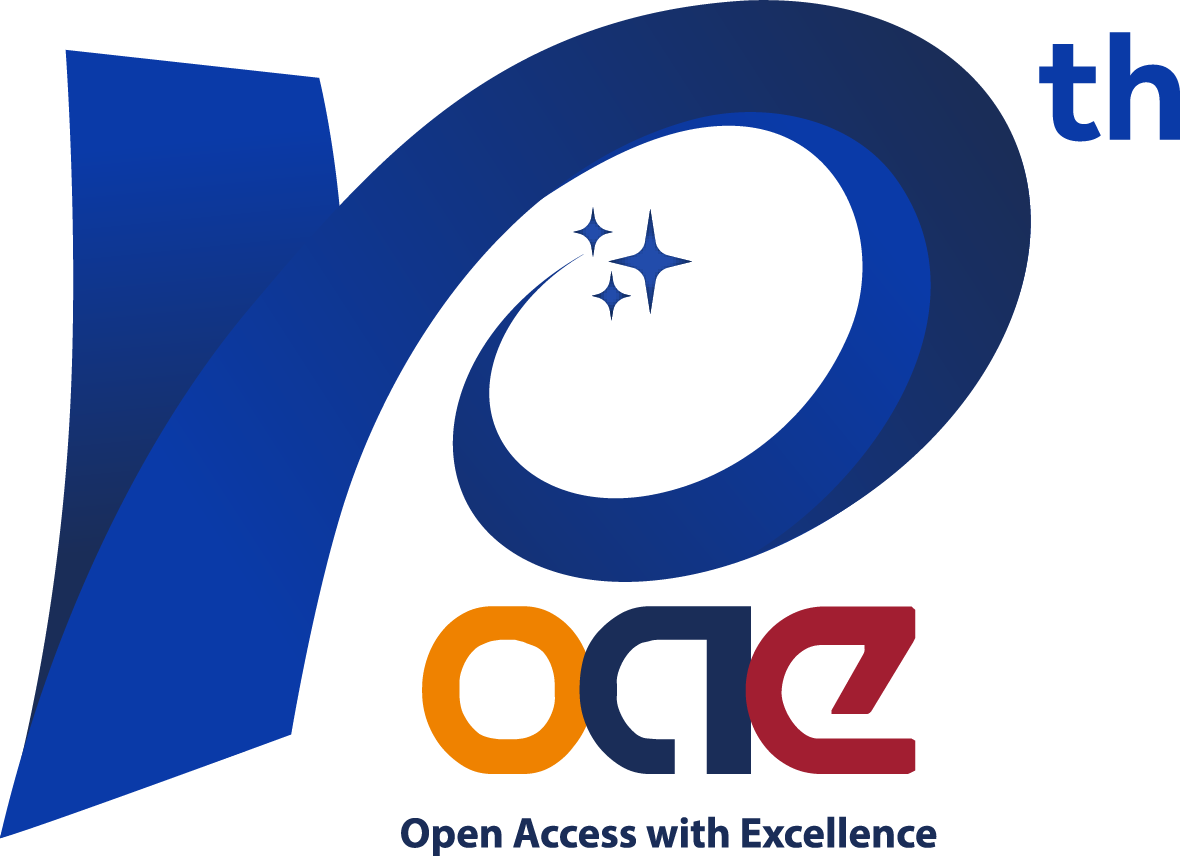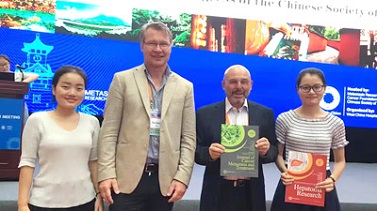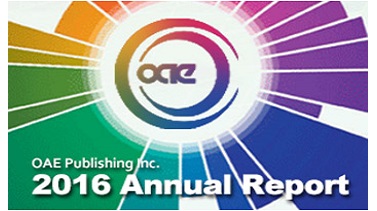Spotlight Interview: Dr. Ravi P. Sahu on Targeting PAFR-Mediated Pathways in Cancer Therapy
On August 12, 2025, Journal of Cancer Metastasis and Treatment (JCMT) had the privilege of interviewing Dr. Ravi P. Sahu, Associate Professor in the Department of Pharmacology and Toxicology at the Boonshoft School of Medicine, Wright State University, Dayton, OH. A distinguished cancer biologist and newly appointed Editorial Board member of JCMT, Dr. Sahu shared insights into his cutting-edge research, recent breakthroughs, and vision for the future of cancer therapy.
Interview Questions
Q1: Could you please introduce the main research directions of your group and share your vision for its future development?
Dr. Ravi P. Sahu: The major research focus areas in my laboratory include:
- Elucidating the mechanistic role of platelet-activating factor receptor (PAFR) signaling in regulating tumor growth and modulating the efficacy of therapeutic agents, including chemotherapy and targeted therapies.
- Evaluating the translational relevance of the PAFR pathway in mediating local and systemic responses induced by environmental pollutants and chemical carcinogens.
- Defining the functional significance of microvesicle particles (MVPs) generated in response to therapeutic agents, environmental pollutants, and chemical carcinogens in driving PAFR-mediated tumor progression and systemic effects.
Our overarching goal is to develop rational combination strategies targeting PAFR-directed MVPs, with the aim of enhancing the efficacy of therapeutic agents.
Q2: In your current research, is there a particular discovery or breakthrough that has been the most exciting or fulfilling for you?
Dr. Ravi P. Sahu: One of the most exciting findings from our previous research is that chemotherapy and radiation therapy can elevate levels of PAF lipids in cancer patients, underscoring the translational significance of the PAFR pathway in therapy response.
Q3: As a Youth Editorial Board member of JCMT, how do you perceive the responsibilities and mission of a “young scholar”? In future academic exchanges and journal development, what roles do you hope to play?
Dr. Ravi P. Sahu: As a Youth Editorial Board member, I have contributed by reviewing manuscripts and promoting the journal at scientific conferences. I have also published my own work in JCMT.
JCMT is proud to have Dr. Sahu on its Editorial Board and looks forward to his ongoing contributions to the field of oncology.
Interviewee’s Biography

Dr. Ravi P. Sahu is a cancer biologist specializing in the role of lipid mediators in tumor growth and therapeutic response. He earned his Ph.D. from the Sanjay Gandhi Post Graduate Institute of Medical Sciences in Lucknow, India, and completed postdoctoral training at the University of Pittsburgh Medical Center, Texas Tech University Health Science Center, and the Indiana University School of Medicine. He is currently an Associate Professor in the Department of Pharmacology and Toxicology at the Boonshoft School of Medicine, Wright State University, Dayton, OH. His research focuses on elucidating the mechanisms and significance of lipid mediators in cancer progression and therapy.
Editor: Eric Zhang
Language Editor: Catherine Yang
Production Editor: Ting Xu
Respectfully Submitted by the Editorial Office of Journal of Cancer Metastasis and Treatment




